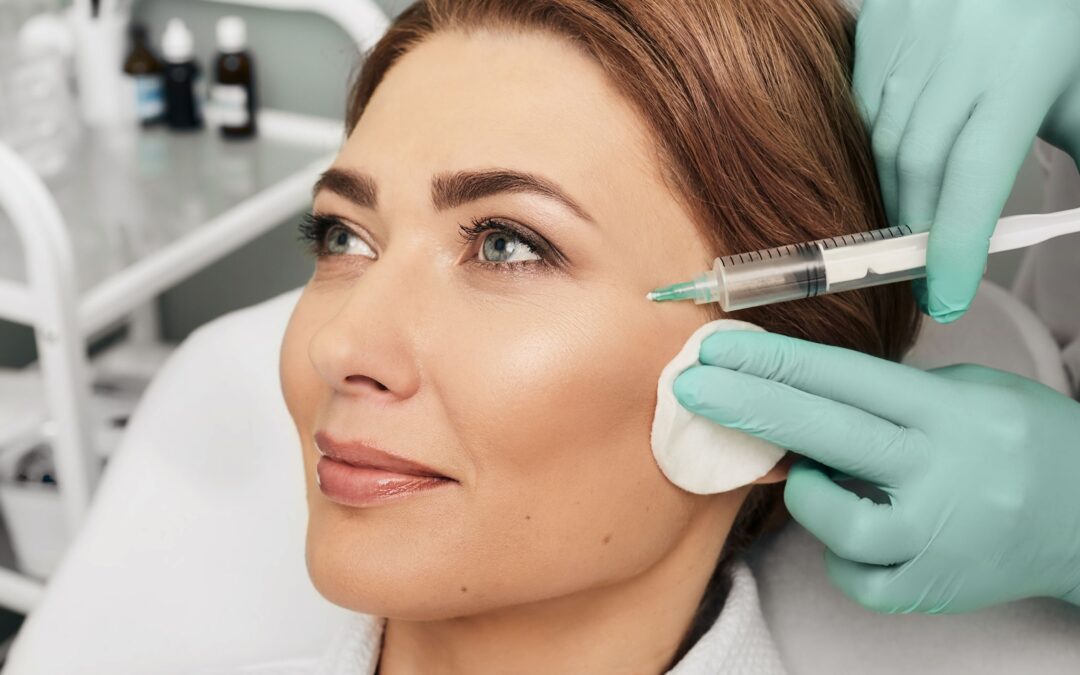An Ohio medical spa is facing serious consequences after state regulators discovered it was using unapproved and potentially counterfeit injectables. This latest enforcement action highlights the ongoing crackdown on med spas that fail to follow proper drug-sourcing and safety protocols.
The Ohio Board of Pharmacy recently suspended the license of Rejuv and Renew Wellness Spa after inspectors found questionable vials of Botox and other injectable products on-site. According to reports, the Botox at the med spa lacked a National Drug Code and manufacturer hologram. Another injectable, Liporase, appeared to be an unapproved version of the drug, having “characters of an unknown language on the label,” as stated on the inspector’s report. Further investigation confirmed that some of the products were counterfeit, raising significant patient safety concerns.
One of the most alarming details of this case was the methods through which the med spa acquired the drugs. Rather than purchasing through licensed medical suppliers, the med spa reportedly bought the Botox at half price from a dentist in California; the Liporase was purchased through informal cash transactions via Facebook.
This highlights a troubling reality: some med spas are cutting corners on compliance, whether to save costs or due to a lack of awareness of legal requirements; however, the risks of doing so far outweigh any potential benefits.
The Growing Problem
This is not an isolated incident. Ohio regulators have been aggressively pursuing med spas that violate pharmaceutical regulations, with multiple businesses losing their licenses in recent months. In January 2025, authorities shut down several clinics for participating in unauthorized GLP-1 weight loss drug sales, signaling that enforcement efforts are ramping up.
The message is clear: state boards are taking med spa compliance more seriously than ever. Businesses that fail to follow proper protocols risk not only financial and reputational damage but also criminal charges.
What Med Spa Owners Need to Do
If you operate a med spa or are considering opening one, this case serves as a crucial reminder to follow strict compliance measures:
- Source Medications from Licensed Distributors: Always purchase Botox, fillers, and other injectables from legitimate, FDA-approved suppliers. If a deal seems too good to be true, it probably (read = almost never) is.
- Keep Detailed Purchase Records: Maintain thorough documentation for all medical products you purchase. This ensures traceability in the event of an audit or regulatory review.
- Train Your Staff on Compliance: Ensure that your team understands state and federal laws surrounding prescription drugs and medical treatments. Ignorance of the law is not a defense. Keep in mind – business owners are held to a higher standard with respect to the responsibility to know what they legally can and cannot do–you’re sophisticated and the law expects you to be able to back that up with compliance knowledge.
- Regularly Audit Your Inventory: Conduct routine internal audits to confirm that all drugs used in your practice are legitimate and properly documented.
- Be Wary of Online Marketplaces: Never buy medical products through social media or unverified sources. These are high-risk transactions that can lead to serious legal trouble.
The shutdown of Rejuv and Renew Wellness Spa should be a wake-up call for the entire industry. Med spas that cut corners on drug sourcing put their patients, businesses, and professional licenses at risk. Staying compliant with regulations isn’t just a legal requirement–it’s essential for maintaining trust and safety in the aesthetic medicine field.
At Lengea, we help med spas navigate these complex legal matters. If you have questions about compliance, licensing, or risk management, our team is here to provide the guidance you need to protect your practice.


